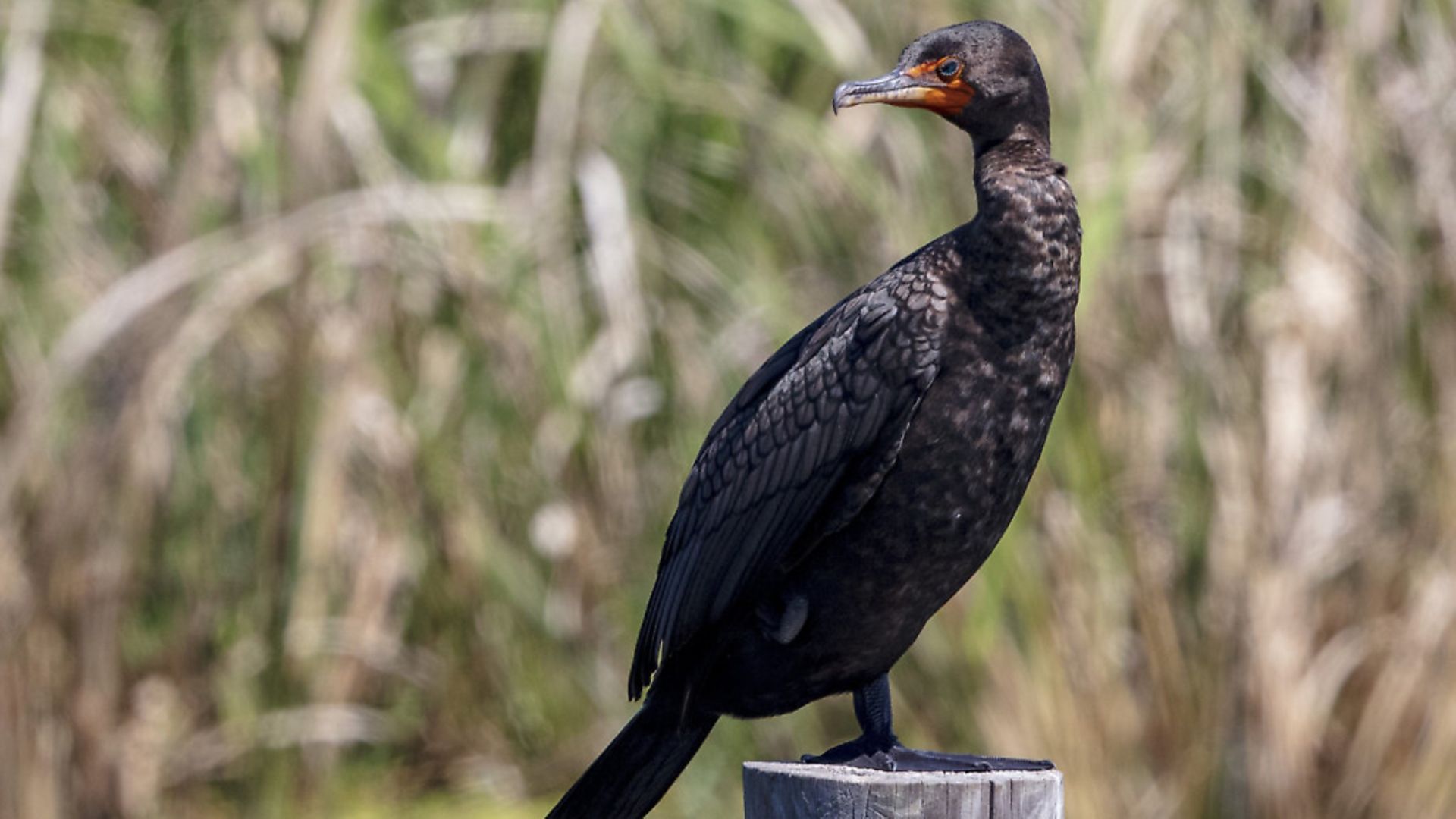
PETER TRUDGILL tells the story of Norn, now vanished from the British Isles, though some of its sounds still linger.
Philologists generally divide the Scandinavian languages into two historical branches: eastern and western. Swedish and Danish fall into the Eastern Scandinavian division, while Norwegian, Faroese and Icelandic form the Western Scandinavian languages, the Faroe Islands and Iceland having been colonised by mainly Norwegian Viking settlers during the 800s AD.
However, there also used to be another Western Scandinavian language which is now extinct, but which probably had communities of native speakers until the 1800s. If you look a map of the North Atlantic, you may be able to work out where those communities were. If you are sailing from western Norway to Iceland, it would make sense to stop off in the Faroes on the way. And if you are sailing from western Norway to the Faroes, it would make sense to stop off on the way in Shetland. In fact, the Shetland Islands were probably settled by Norsemen in the late 700s AD, the Faroe Islands in the early 800s, and Iceland in the mid-800s.
The Nordic language that was spoken in Shetland for more than 1,000 years is known to us as Norn. It was also spoken in Orkney and on the northeast Scottish mainland in Caithness.
However, Norn did not survive as long in these place as it did in Shetland, probably losing its last native speakers in Caithness in the 1400s and in Orkney in the 1700s, though there is considerable controversy about how long the language survived – and how ‘Norn’ it actually was in the mouths of its last speakers.
One of the last redoubts of the language seems to have been the northernmost Shetland island, Unst – which is in fact the most northerly inhabited territory in the British Isles – where the supposedly last speaker of Norn, Walter Sutherland, died in the hamlet of Skaw, the UK’s northernmost settlement, in about 1850.
The name Skaw comes from Old Norse skagi, ‘headland’; the modern Norwegian word is skage. Skagen, ‘the cape’ – which is what the northernmost tip of Jutland is called in Danish – is known as the Skaw to English-speaking seamen.
Other sources, though, claim that the Norn language lasted even longer on the remote island of Foula (from Old Norse fugl-ey, ‘bird-island’ – there is also an island called Fugloy in the Faroes). Foula lies 20 miles out into the Atlantic, to the west of the rest of the Shetland archipelago.
Orkney and Shetland – the Northern Isles – were essentially part of Norway until 1468-9, but then the Danish-Norwegian monarchy handed them over to Scotland in lieu of a dowry for Princess Margaret of Denmark on the occasion of her marriage to the Scottish King James III. A process of ‘Scotticisation’ then very gradually set in. Scottish law rather than Scandinavian law started being enforced in 1611; immigration from Scotland increased; and the Scots language began to be used in church – the Society for the Propagation of Christian Knowledge and their schools are often blamed for accelerating the death of Norn. By 1700 there were very few monolingual Norn speakers left.
The modern dialect of Shetland is a dialect of Scots, but large numbers of Norn words have survived in it. Many seabirds, for instance, are still referred to by their Norn names. A longie is a guillemot, from Old Norse langvé (the Modern Norwegian is lomvi); a maa is a seagull (the Old Norse was már); a shalder is an oyster catcher, from Old Norse tjaldr (tjeld in Modern Norwegian); and a skarf is a cormorant, from Old Norse skarfr (the Modern Norwegian is skarv). Other everyday Norn words survive: de haaf means ‘the deep sea’, from Old Norse haf, ‘ocean’, Modern Norwegian, hav; and bigg signifies ‘to build’ (the modern Icelandic is byggja).
It is a tragedy that this British Scandinavian language died. But at least some of it survives in the vocabulary of the modern Shetland Scots dialect.
cormorant
A cormorant is not a crow. But the seabird phalacrocorax carbo derives its English name from the Latin word marinus, ‘marine’, preceded by the word corvus, ‘crow’. Corvus marinus became Old French corp-marin, and then cormoran. English speakers then added a t to the word, just as we did with French paysan, ‘peasant’, faisan, ‘pheasant’, and tyran, ‘tyrant’.











